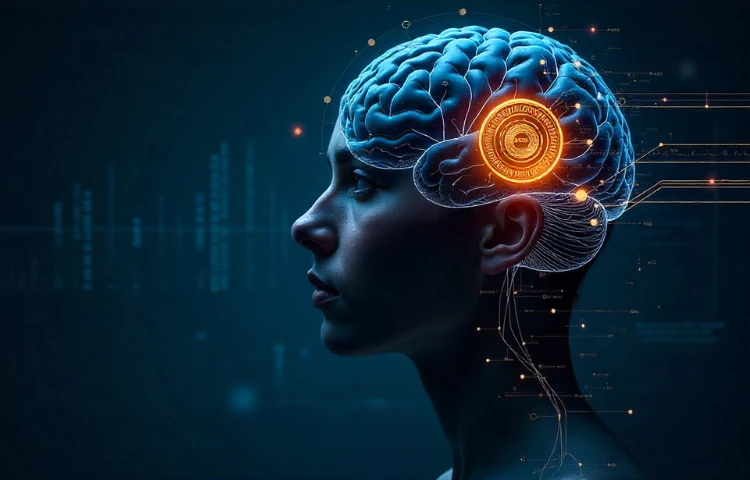

Prefer to listen instead? Here’s the podcast version of this article.
Google DeepMind has unveiled a breakthrough in artificial intelligence that it describes as “historic” in the field of problem solving. Its latest model, Gemini 2.5, demonstrated the ability to tackle highly complex programming and optimization tasks at a level comparable to the world’s top human coders. This achievement, tested in the International Collegiate Programming Contest (ICPC) environment, highlights a significant advancement in AI’s capacity for abstract reasoning, computational efficiency, and adaptability.
More than a milestone in competition performance, this development signals broader implications for industries that depend on advanced optimization and scientific discovery—from healthcare and logistics to energy systems and beyond.
Some experts urge caution:
DeepMind’s announcement marks a significant moment in AI research: a model performing at gold-medal level in a programming contest, solving novel optimization problems that human experts couldn’t. While it’s not yet proof of AGI, nor without limitations, it demonstrates strong progress in abstract, structured reasoning and problem solving.
WEBINAR